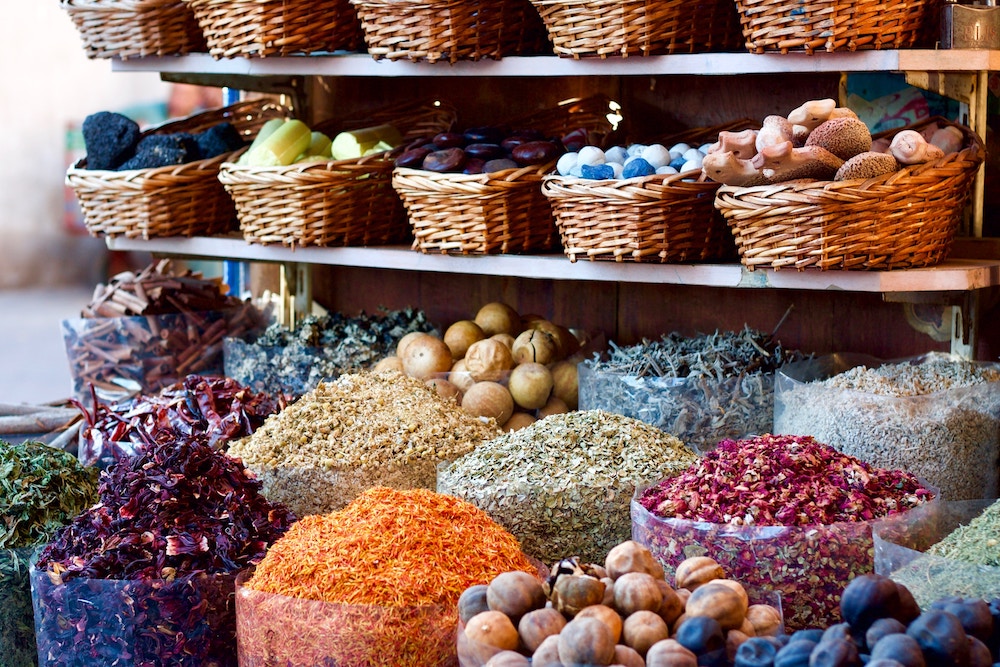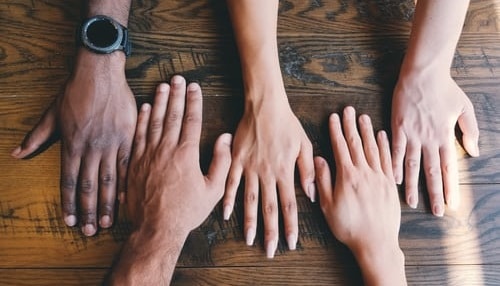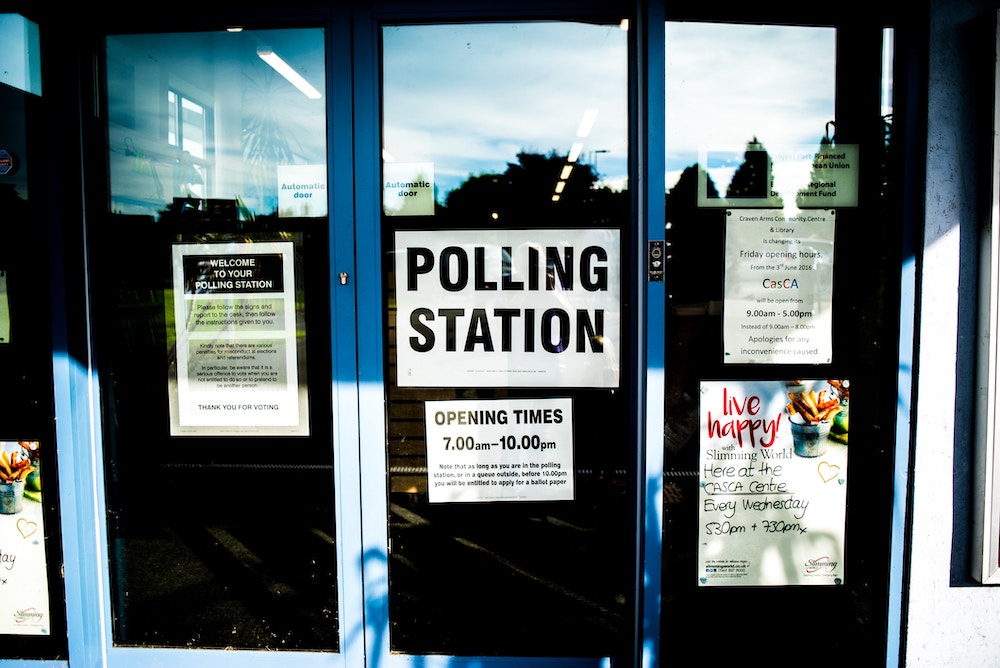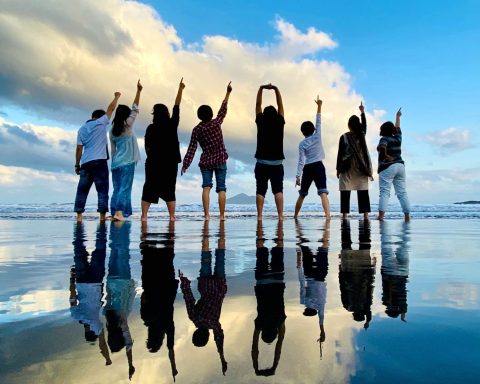 David Misselbrook was a South London GP for 30 years. He was involved with GP training, CPD development and medical ethics. He now teaches Family Medicine and ethics for RCSI Bahrain.
David Misselbrook was a South London GP for 30 years. He was involved with GP training, CPD development and medical ethics. He now teaches Family Medicine and ethics for RCSI Bahrain.
Have you heard the one where an Englishman, a Scotsman, a Canadian, two South Africans, a Kenyan and two Americans walk into a café in Bahrain? Neither have I, but our Saturday morning blokes’ breakfast would be fertile territory for an unemployed scriptwriter. I confess we usually meet at the sort of coffee shop you would find anywhere on the globe, but sometimes we occupy a corner of a traditional Arabic café, much to the friendly amusement of the locals.
Bahrain gets an honourable mention in the Epic of Gilgamesh as the ancient Kingdom of Dilmun, a paradise on earth. The form of this earthly paradise was settled about 5,000 years ago. Whilst the UK was busy getting planning permission for Stonehenge, Bahrain was making a nice little living from being the first ever motorway service station. As a small island kingdom half way up the Arabian Gulf it was perfectly placed as a stop off for refreshments and trade for the ships carrying goods between the ancient Indus Valley and Mesopotamian civilisations. For thousands of years the empire builders, the very civilisations themselves, came and went but Dilmun was there to provide a decent coffee and whatever it was that came before McDonalds.
Bahrain has sometimes been called a string of shopping malls calling itself a country. This is quite a blinkered view.
Bahrain has sometimes been called a string of shopping malls calling itself a country. This is quite a blinkered view. Bahrain is in fact a string of shopping malls and restaurants calling itself a country. The variety of food is great. Last week we had an excellent camel stew (tastes a bit like goat, very nice cooked slowly with a little cardamom.) Two weeks ago we went to a friend’s house. We were quite an international gathering. The steak was absolutely delicious, as tender as a good fillet but really tasty. It wasn’t cow, it was oryx, legally hunted we were reassured, in Southern Africa.
Bahrain has many places for fine dining but the best times, and some of the most original food, can be more down market. We discovered an amazing Indian restaurant in the main souq, a full meal for £2 a head. Or the traditional Bahraini café sitting above an old date press in the Muharraq souq. Or indeed our blokes’ breakfast at the Arabic café.
Eating together seems to be a powerful and universal human phenomenon.
So what is it about eating together that is so special, such an important part of human culture? I have only ever twice seen communal sit down toilets (ancient Roman and mediaeval monastic respectively). We take communal showers in institutions and sports clubs, thus strictly utilitarian, but I have never invited neighbours and friends round for a shower. But in contrast, eating together seems to be a powerful and universal human phenomenon.
The Gulf culture accentuates this. I was recently involved in a deal between a visiting colleague and another local institution. The two day visit included a single hour when business was discussed. The rest was mostly filler and social. But the business could only finally be sealed by a three minute exchange during a meal. Eating together implied a mutual trust that words on paper never could.
We were recently talking to our adult children about their childhood, and they identified family meals as a key intellectual and social formative experience. I realized that I could say the same of my own childhood. But our children also said that many of their visiting friends commented about the way our family eat and talked together, as if it was unusual. And furniture shops report that fewer dining tables are sold these days. Perhaps eating together is a “universal” human experience that is under threat?
Does it matter if we don’t eat together anymore? There are various markers to suggest that it does, particularly for children. The OECD state that students who do not regularly eat with their parents are significantly more likely to truant from school, and this correlates with school performance. And according to the 2014 European Congress on Obesity, children who do not eat dinner with their parents at least twice a week were 40 percent more likely to be overweight. Of course we should question the direction of causality. But we are talking about a cultural package – fast food in front of a screen versus long inter-generational meals on a Mediterranean terrace. Surely we should be valuing the joined up social package, rather than a fragmented and superficial social space?
Changing eating habits… led to better nourished women and children and also improved wellbeing and better family relationships.
A remarkable illustration of the power of eating was reported by the BBC. In the Indian state of Rajasthan it is traditional for women to cook for their menfolk who eat together, leaving the women and children to eat what happens to be left. A project in 2015 encouraged families – men, women and children – to eat together. Changing eating habits not only led to better nourished women and children, an obvious marker for long term community health benefit, but it also improved wellbeing and better family relationships, especially between in-laws. Of course, the women still did the cooking, but a step in the right direction.
So perhaps Bahrain’s string of restaurants is indeed a key part of why it is good to live here. And why family life in the Arab world is given such a high priority. Perhaps these two sentences are just pointing to two different sides of the same thing. Eating together brings people together. So let’s get together and save western civilisation with a nice communal curry.
Anyway, I must finish now – dinner’s ready.
Featured photo: Nikhita Singhal











4.5
5